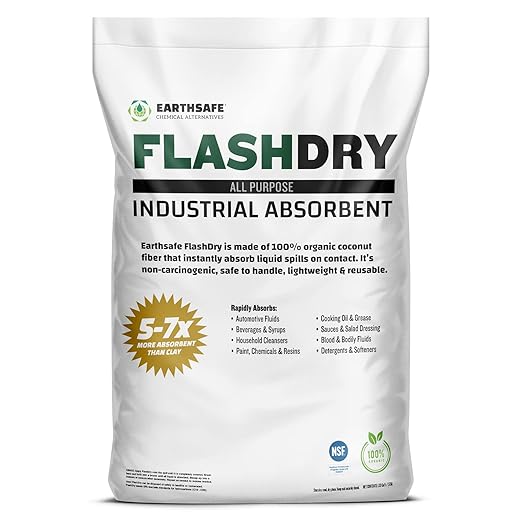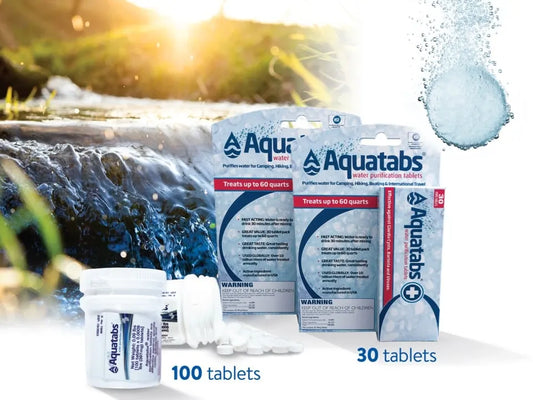DO...
DO Collect Rainwater:
If it's raining, collect rainwater in clean containers. Rainwater is generally safe to drink after purification and can be an immediate and reliable source of water during emergencies.
DO Fill Bathtubs and Sinks Early:
If you have advance warning of a power outage or evacuation, fill bathtubs, sinks, and any available containers with water while the supply is still running. This water can be used for drinking, cooking, and sanitation.
DO Identify Nearby Public Resources:
Locate public resources such as emergency water distribution centers, community centers, or shelters that may provide clean water during an emergency. Keep a list of these locations and their hours of operation.
DO Check for Bottled Water in Stores:
If it’s safe to travel, visit local stores for bottled water. Even if shelves are empty, check less obvious places like gas stations or smaller, out-of-the-way stores that might still have supplies available.
DON'T...
DON’T Drink Water from Flooded Areas:
Avoid using water that has come into contact with floodwaters. Floodwater can be highly contaminated with sewage, chemicals, and other hazardous materials, making it unsafe for drinking even after treatment.
DON’T Use Water from Toilet Tanks Without Treating:
While water from the toilet tank (not the bowl) can be used in emergencies, it should be treated with purification tablets or boiled before drinking. Avoid using water from tanks treated with chemical cleaners or deodorizers.
DON’T Ignore Boil Water Advisories:
If authorities issue a boil water advisory, don’t drink tap water without boiling it first, even if it looks clear. This advisory indicates that the water supply may be contaminated, and boiling will help ensure it’s safe to consume.
DON’T Rely on Local Rivers or Lakes Without Purification:
Urban rivers, lakes, and ponds are often polluted, especially after storms. Never drink from these sources without first purifying the water. These sources may contain industrial runoff, sewage, or other contaminants.
DON’T Use Water from Swimming Pools:
While pool water might seem like a large, available source, it is not safe for drinking due to the chemicals used to maintain it. Purification tablets are not designed to remove these chemicals, so avoid using pool water for consumption.




